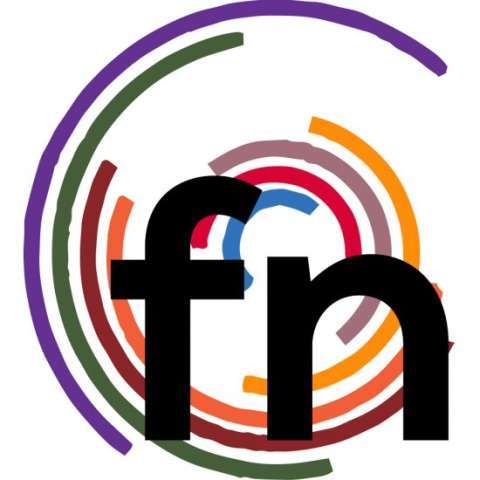Sheena Metal
For a musician, your songs are your art. They are the physical embodiment of your creative gifts. Every bit of anger, happiness, angst, joy, pain, elation, knowledge or humor goes into the story known as your song. You write and re-write it, scouring over each note and word…perfecting it for recording and live performance.
But when you play it for others, you’re not getting the reaction you expected. Your friends, fans and family seem less than enthusiastic as they dully respond, “Yeah. That was…um…good.” How could this be? You poured your soul into this piece. This was your “Stairway To Heaven”! This was your “Smells Like Team Spirit”! It’s a lyrically amazing ode about the persecution of pagan midwives in grass hut tribes! It flows, it breathes, and it’s seven and a half minutes of pure musical perfection!
Whoa. Stop right there, Mozart. You wrote a seven and a half minute song about the persecution of pagan midwives in grass hut tribes and you’re wondering why you’re thirteen year-old cousin fell asleep in the middle of the fourth verse? You wrote a seven and a half minute song about the persecution of pagan midwives in grass hut tribes and you’re confused as to why your drummer’s girlfriend began calling her friends on her cell phone before the song had reached its bridge?
It may be hard to believe when you’re penning an opus such as this, but the normal human brain is wired a little differently than an accomplished musician’s, like yourself. And although music is art, it’s also popular culture and the goal should be for others to enjoy your creative efforts as much as you do.
So, how can you make sure that your writing experience is as positive as your audience’s listening experience? What can you, as musicians do, to eliminate aspects of your songs that may alienate, confuse or just plain bore your fans?
Read more here!



